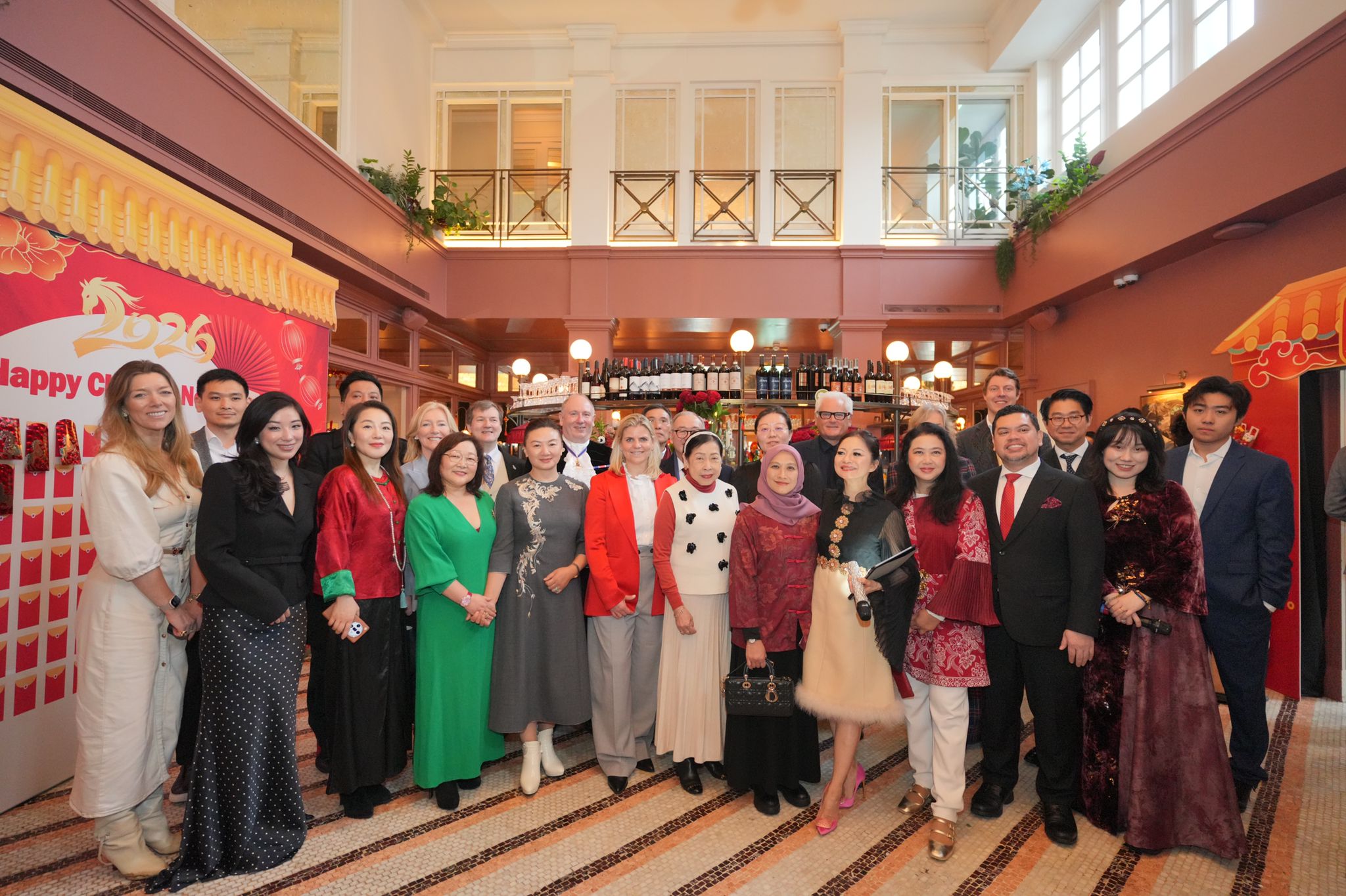Asia-Pacific industry groups urge regional coordination and reaffirm support for a rules-based system.
A group of 27 business associations from countries participating in the Regional Comprehensive Economic Partnership (RCEP) has issued a joint statement urging greater regional cooperation and stronger backing for the multilateral trading system.
The statement, released under the name of the RCEP Regional Industrial and Supply Chain Cooperation Alliance, highlights concerns that growing global trade tensions are undermining supply chain stability and economic resilience across the Asia-Pacific region.
“Current global trade tensions threaten to destabilise industrial and supply chains, inflicting broader harm on global economic development,” the alliance said in its statement. It urged governments, enterprises, and all sectors of society within the RCEP region to uphold the principles of openness, inclusiveness and mutual benefit, and to strengthen coordination in response to increasing global uncertainty.
The alliance reaffirmed its commitment to the high-quality implementation of the RCEP agreement, which entered into force in 2022 and now represents the world’s largest free trade pact, covering approximately one-third of global GDP and population.
The joint statement described RCEP’s regulatory framework as a source of economic certainty. “Predictable and stable rules under RCEP can help strengthen regional economic resilience,” it noted, positioning the agreement as a buffer against rising protectionist pressures and economic fragmentation.
>The alliance called on businesses across member states to leverage the terms of the agreement to restructure and optimise supply chains across borders. It advocated for cross-border industrial cooperation based on comparative advantages, aimed at building a more secure, efficient and inclusive regional production network.
A central message of the initiative was a strong endorsement of the World Trade Organization (WTO) and the multilateral trading system. “The alliance firmly supports a trade regime that is open, fair, transparent, equitable, non-discriminatory, inclusive and rules-based, with the WTO at its core,” the statement read. It further urged increased communication and coordination with other global and regional actors to maintain the international trade order.
The joint initiative was endorsed by various business associations from across RCEP’s 15 member states and several observer economies. Signatories include the China International Contractors Association, the China National Textile and Apparel Council, and the China Chamber of Commerce for Import and Export of Medicines and Health Products. Numerous overseas Chinese chambers of commerce and regional business groups from Southeast Asia, South Korea, Australia, and New Zealand also participated.
RCEP includes China, Japan, South Korea, Australia, New Zealand, and the 10 member states of the Association of Southeast Asian Nations (ASEAN). It is viewed by many analysts as a counterweight to shifting geopolitical dynamics and an instrument to strengthen economic integration in the region.
The alliance’s statement reflects growing concern across the region that a breakdown of the rules-based trade system would increase vulnerabilities in cross-border commerce, and that only a concerted, multilateral effort can ensure long-term stability.











